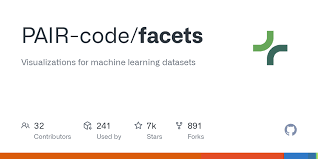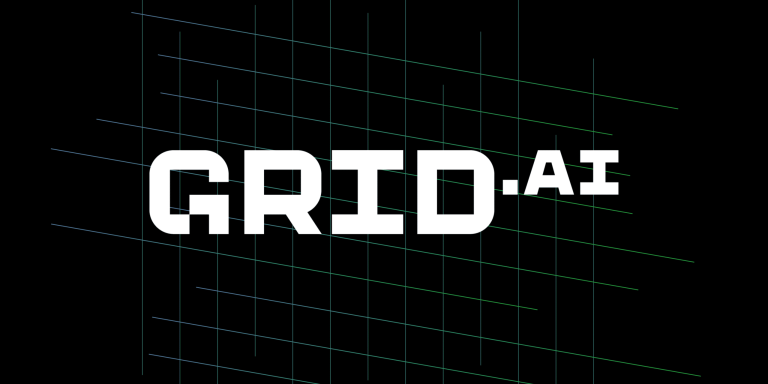Facets Key Features
- Facets Overview: This component provides an at-a-glance summary of a dataset, showing distributions of features, missing values, and basic statistics such as mean, median, and standard deviation. It’s useful for quickly spotting issues in datasets before training a model.
- Facets Dive: This tool allows users to interactively explore individual data instances and compare them across different features. It’s particularly helpful for understanding how subsets of data behave, or for diagnosing issues like class imbalances.
- Data Visualizations: Facets offers a range of visualization options, from histograms and scatter plots to more advanced interactive charts. This helps researchers intuitively understand the structure and composition of their datasets.
- Integration with Jupyter Notebooks: Facets can be easily integrated into Jupyter Notebooks, allowing researchers to visualize data directly within their existing workflows.
- Open-Source: As an open-source tool, Facets is free to use and can be modified to fit specific needs, making it a flexible solution for research teams.
Our Opinion On Facets
Facets is a fantastic tool for researchers who want to explore and visualize their datasets before diving into the machine learning model-building process. Its interactive data visualizations provide deep insights into the structure and distribution of data, making it ideal for exploratory data analysis. However, it is limited in scope to data exploration and visualization, so it needs to be used alongside other tools for complete machine learning workflows. For those looking for an open-source, easy-to-use solution for dataset exploration, Facets is an excellent choice, particularly in the early stages of research.













